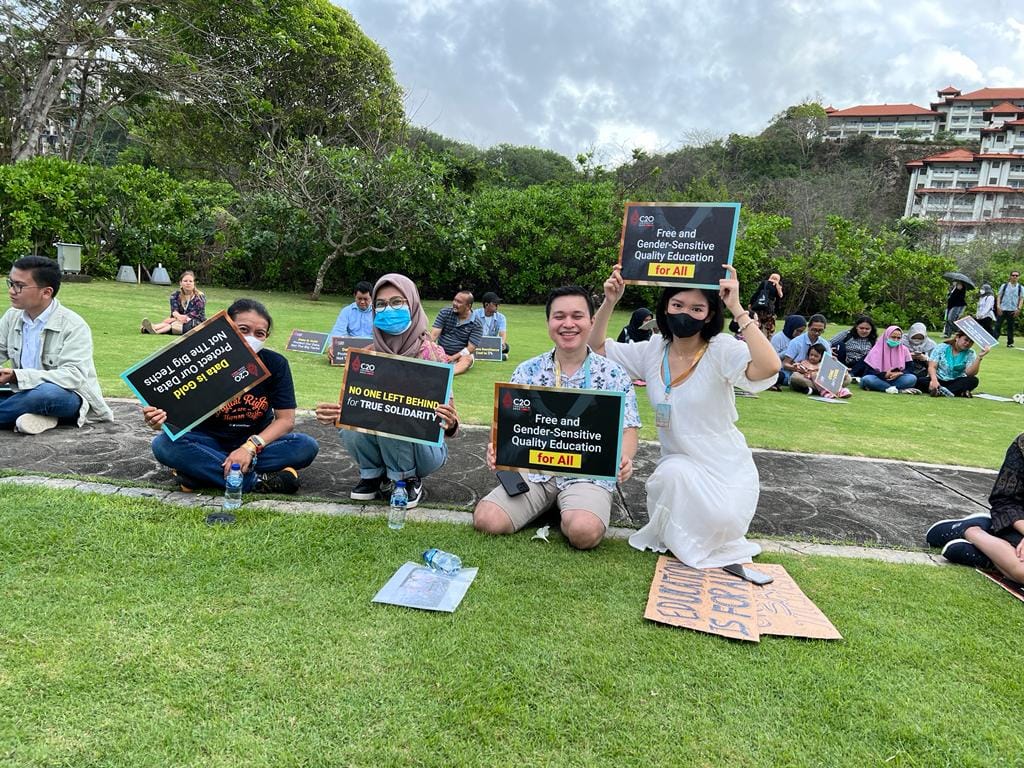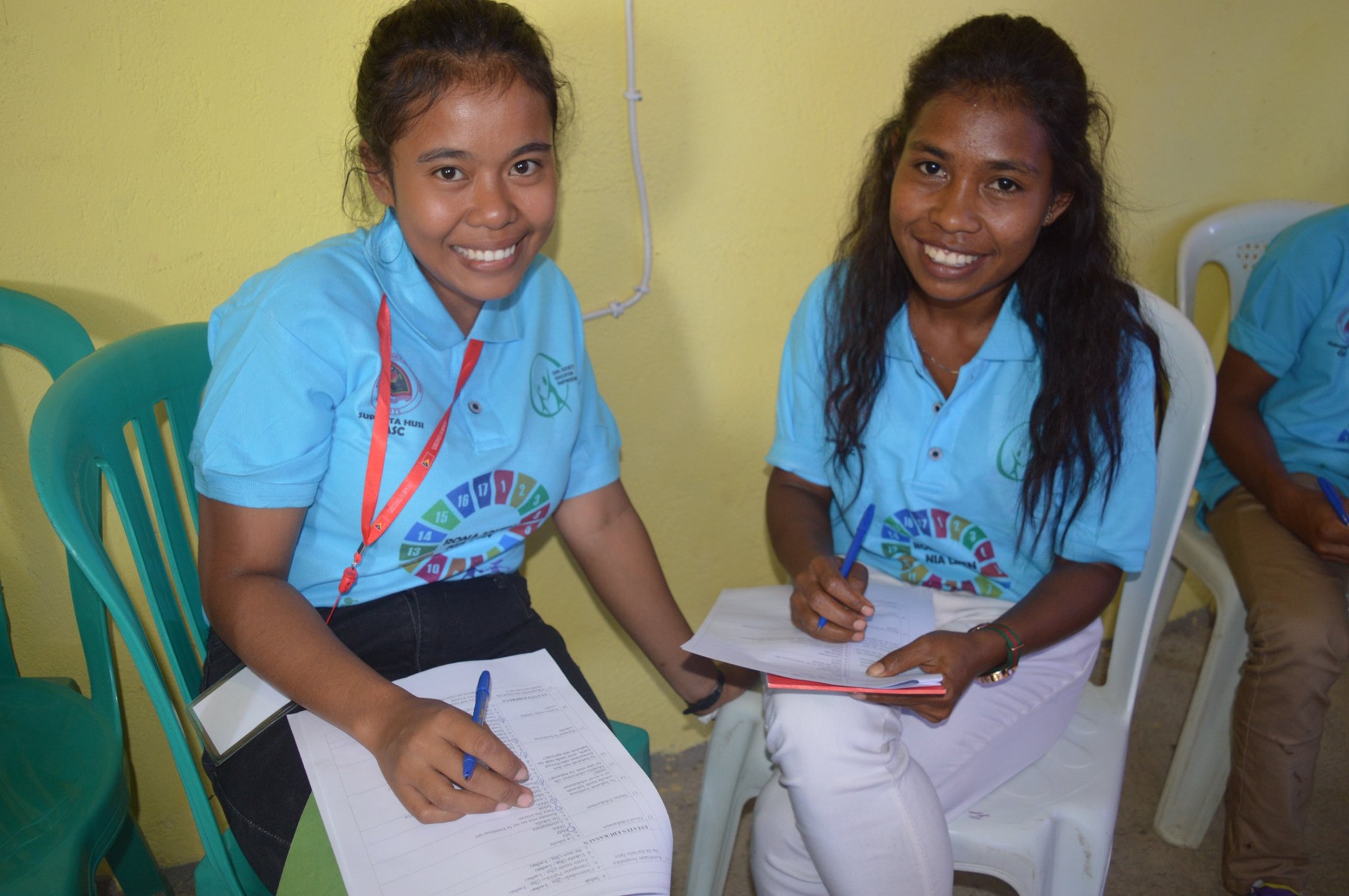
ASPBAE works with member national education coalitions in education budget advocacy work to ensure education budgets are sensitive to gender and equity considerations and support the full SDG 4 agenda as relevant to each country’s context and specific needs.
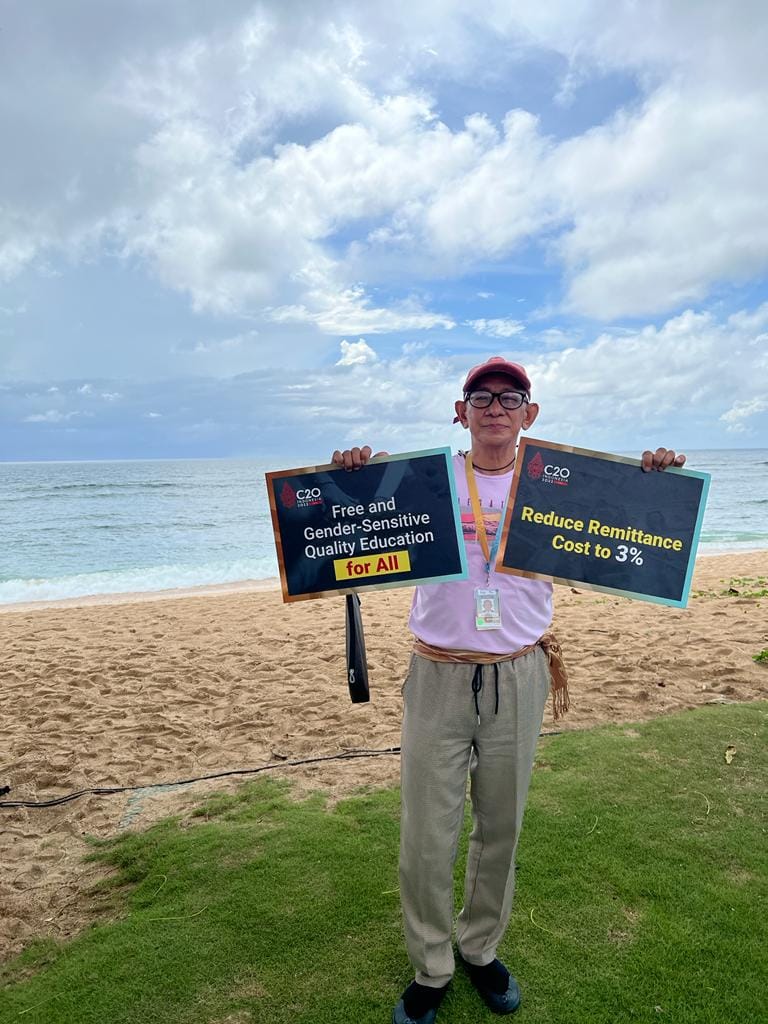
Of late, ASPBAE and its members have undertaken country studies in 10 countries (Pakistan, Vietnam, Samoa, Timor Leste, Tajikistan, Nepal, Sri Lanka, India, Mongolia, and the Philippines) to highlight the impact of the COVID-19 pandemic to education financing to inform its ongoing education budget advocacy to support education recovery from the pandemic.
ASPBAE advocates for increased and better financing for basic education and the neglected components of education, including non-formal education (NFE), technical and vocational education and training (TVET), early childhood care and education (ECCE), alternative learning modalities, community learning centres (CLCs), and adult learning and education (ALE).
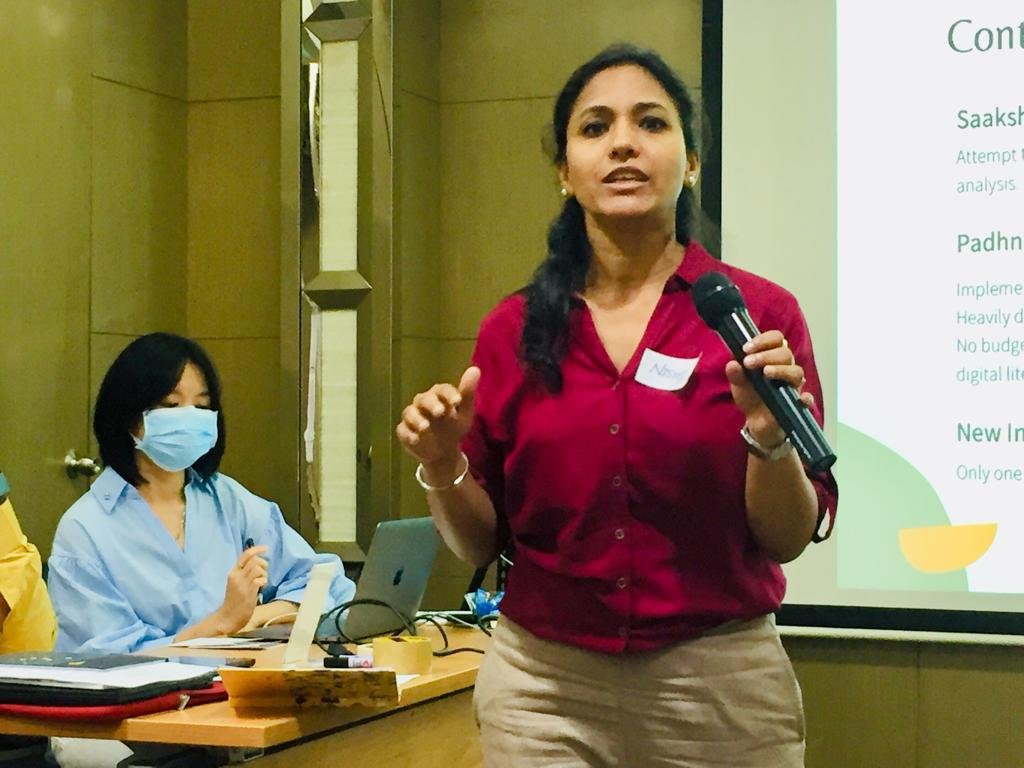
ASPBAE advocates for greater domestic resource mobilisation efforts in the region especially through tax justice reforms, to close financing gaps and ensure equitable and gender-transformative financing for education. ASPBAE seeks to deepen ties with networks on tax justice in the Asia Pacific and globally, pushing for wider tax justice reform measures that favour education. It will pursue this mainly through cooperation with the Global Campaign for Education (GCE), ActionAid International, the Tax and Education Alliance, and other tax justice networks aligned with these groups. ASPBAE will also seek to deepen internal capacities within its membership on tax justice to better advocate on tax justice and education.
ASPBAE also intends to expand capacities in addressing issues of debt and austerity and enhance analysis on the impact of debt and debt servicing on education budgets in the Asia Pacific.
ASPBAE will sustain its advocacy challenging the commercialisation and unregulated drive towards privatisation in education. In its efforts, it will harness evidence drawn from various country and regional studies it has pursued through the years on how privatisation in education can and has undermined the right to education. ASPBAE will sustain its active membership in the Privatisation in Education and Human Rights Consortium (PEHRC) and its related engagements with human rights treaty bodies that enable ASPBAE to have sustained access to wider exchange of information, analysis, and experiences on this issue that supports country and regional advocacy efforts.
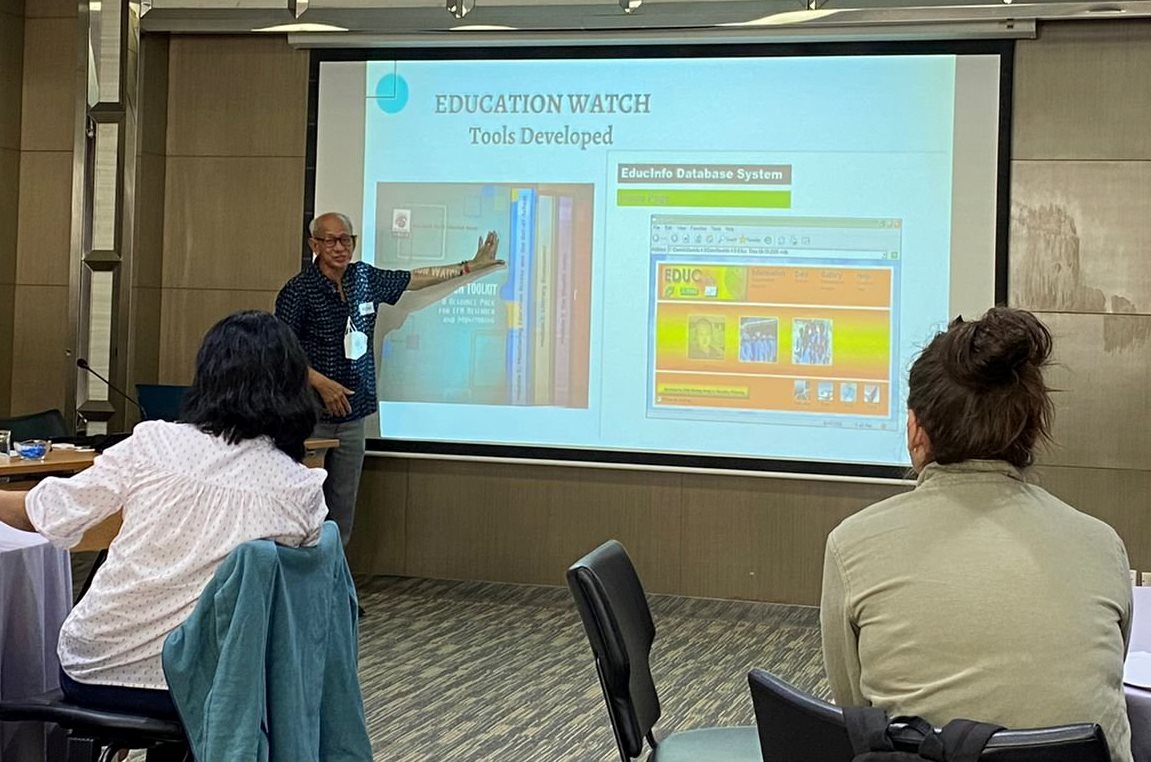
Engagement with the Global Partnership for Education (GPE) will remain a key strategy for advocacy on greater and better-quality aid to education. ASPBAE and members will expand engagement with the Local Education Groups (LEGs) or its equivalent mechanisms to ensure that aid to education supports robust education sector plans and programmes aligned with SDG4 and are developed through transparent and participatory processes especially involving grassroots stakeholders in education such as teachers, student, learners, parents and CSOs. ASPBAE will continue its support for the CSO representatives on the GPE Board by acting as the Asia Pacific regional focal point to ensure a vital two-way flow of information between national CSO constituencies and the GPE Board.
To support advocacy efforts, ASPBAE compiles and disseminates data, news, research and other information related to education financing, privatisation, public-private partnership, education ODA, debt, tax justice and domestic resource mobilisation for education.
